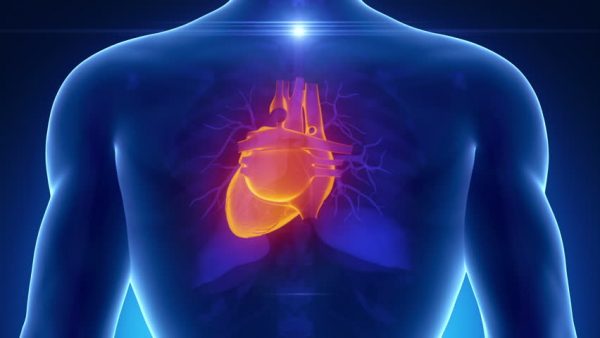Heart Health After SCI
Heart Health can be impacted by a Spinal Cord Injury, according to research published in Experimental Physiology by the University of British Columbia, Canada.
The human heart only requires a small number of nerves in the spinal cord for the heart to function at a near normal level. However for people with a severe spinal cord injury, especially one that continues to deteriorate further with age, the risk of poor heart health then greatly increases.
This is important as individuals with spinal cord injury are already at a much higher risk of heart disease than people without spinal cord injury. A lack of physical activity and increased medication usage are just two of the leading factors contributing to poor heart health.

This new research also has important clinical implications, as one of the primary aims of spinal cord injury management, is to reduce the amount of damage that happens after the initial trauma. The further deterioration of the primary injury termed the “secondary injury”, is driven by complex cellular processes that eventually result in the ‘size’ of the injury enlarging and therefore damaging more nerve fibres.
These findings imply that if more nerve fibers can be preserved following spinal cord injury (for example by reducing the extent of the secondary injury), then there could be improvements in how the heart functions.
The research was carried out by comparing two different severities of spinal cord injury in a clinically-relevant rodent model. This rodent model was used because it allowed the researchers to carefully control the amount of damage to the spinal cord during the injury and definitively assess heart function as well as examine how the cells in the heart change.
Studies that enable the underlying mechanisms of heart function to be examined after spinal cord injury are simply not possible in humans but by closely mimicking the injuries that occur in humans the findings are more readily able to be transferred to humans.
Recent Comments